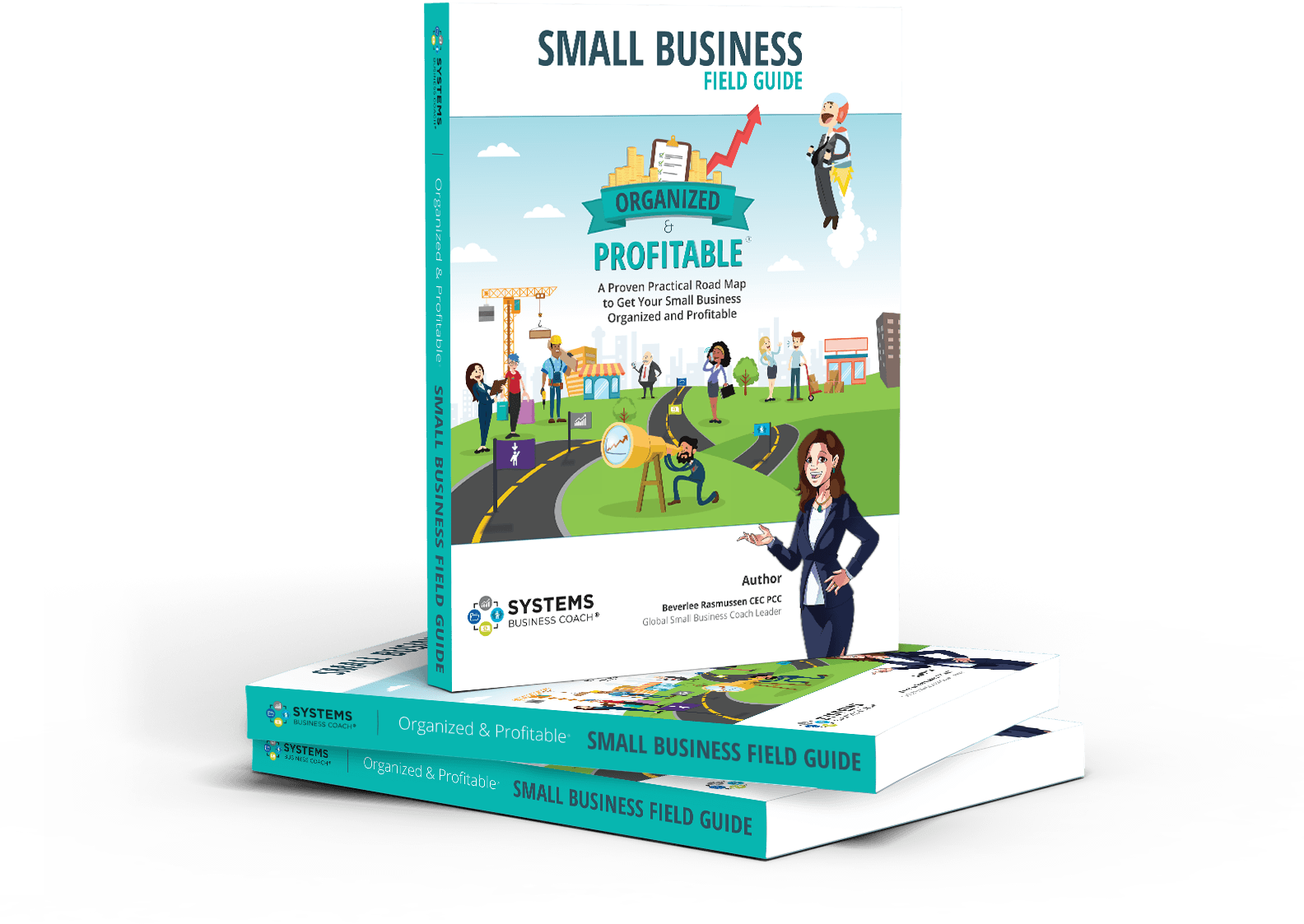So you’re looking to team up with another person or business?
Just the thought of it opens up your business to a whole new world of possibility.
But wait! Before you head out on that new business partnership honeymoon, there are some critical things you need to consider.
When I worked for Michael Gerber, author of the EMyth, I spoke with over 3000 small business owners about their business challenges. The most devastating conversations were about failed business partnerships.
Writing a successful partnership agreement is key to protecting your dream and saving you from unimaginable stress.

I’ve got the top things to include in your partnership agreement, right here.
Table of contents
Vision, values and promise.
In your partnership agreement, include a written outline of your company’s vision.
Answer this question together: Why does our company exist and what value do we believe it needs to bring to the world?
A shared vision is an essential first step.
Next, your values need to be discussed so that your business partner understands you and your purpose.
Imagine you value family time and intend to spend the weekends with them. But your business partner values commitment, and expects you both to stay during the weekend if needed to reach a goal.
Not having your values in alignment with your business partner is a recipe for disaster.
Next, you can look at your company promise. Will you share a united promise with your customers?
Your company promise describes the value or experience customers
can expect to receive every time they interact with your business.
Sounds like a small thing? Not when you are the one that is forced to compromise!
Do you all agree to uphold the same promise?
You and your new partner need to be on the same page about your company promise so that customers receive consistent service.
Consistency builds trust. And people buy from companies they trust.

Outlining jobs
Now, it’s time to write down the division of work. Who is doing which jobs in the business?
Choose the tasks that best represents what each individual wants to contribute and write it into your position agreement.
Here’s some common tasks people overlook:
- Who does the hiring?
- Who sets the budget?
- How about the work and vacation schedules?
- Who choses the products you sell?
Balance the power in advance, so that you know EXACTLY what you are getting into.
Even if one partner is just bringing in funding, get that in writing so you both understand.
They are bringing in money and YOU will be doing ALL the work.
If you are doing all the work, does that leave you enough time with your family? And how much will you be expected to work and for what amount of pay?
If you are the funder, are you okay with not having any say in how things are ran?
Make sure it is an agreement you can live with long-term.
If you say “we’ll figure that one out later” chances are it won’t get figured out. It will lead to long, stressful arguments that get you nowhere. And none of us want that.
So do the work now to clarify each and every task.

Making decisions
This is a big one.
Who is in charge?
Say you’ve decided to create a pottery business with a local artist. They make the pots, you provide the funding.
One day, the artist decides to make a pot out of metal. You think that’s not going to sell well as your customers are used to clay pots. Your partner insists on metal pots because it’s part of their artistic vision.
As the funder, do you decide what projects you fund? Or does the artist decide which projects deserve funding?
Unless both sides win, no agreement can be permanent.
Jimmy Carter
There are so many decisions to be made in a small business, who gets the final say?
Wages
How much money will each of you earn as employees?
It’s easy to define a monetary investment. $5 is $5. But how do you value expertise and skills?
A business partner might invest $100,000 into the company. While the other partner does the daily tasks and ends up only making $30,000 a year.
Although one partner invested more money, the other invested more time.
How can you make sure that these are valued equally?

Sometimes people enter into business partnerships when they don’t need to. If you have all the expertise and skill to run a business, why give half of your rewards away?
Instead of looking for a business partner for funding, you can access grants and loans.
If you are looking for a business partner for help with operations and management, perhaps you just need a business coach.
You are your most valuable asset. Your pay should reflect this. So write your desired wage into your partnership agreement.
Make sure the deal is fair from the beginning.
If you don’t like it, don’t sign it.
Sharing profit
Think of a business partnership like a marriage, and we know the high divorce rate. 36.7% of couples blame money for their divorce.
The failure rate of business partnerships is even higher than divorce rates at 80%.
So you can imagine how many business partnerships met their demise thanks to profit and money problems.
Profit can be evasive.
Imagine two business partners. Let’s call them… Leanne and Sean. They are running a lumber company.
Sean has twin daughters about to go to college and Leanne has always dreamed of owning the top lumber company in town.
They made $50,000 in profits this year. $20,000 has been invested back into the company by purchasing a forklift. There’s also an increase in inventory, which uses the remaining $30,000.
Their profit is in equity, not cash. Leanne loves this because their business is more valuable.
While Sean is fuming! He intended to pay his daughters college fees with the profit. He wants cash, not equity.
Sean and Leanne have a profit sharing problem.

How and when are you going to share profit?
When you are writing your partnership agreement, consider these things:
- When can you take cash out of the company?
- How much can you take out?
- Is there a percentage of the profit you are going to reinvest each year?
Personal and business expenses
What is considered personal expenses and what is a business expense?
This slope is more slippery than a banana peel on a gag show.
What if your business requires you both to do a lot of driving? Do you get company cars? Does one partner get to drive a BMW while the other runs around town in the company mini-van? Does your spouse get a gas card? If you have a spouse, but your partner doesn’t, do they get to charge more gas to the company to compensate for the gas your partner is using? Are the cars only for town use? Is it personal use when you take it on a road trip?
Did you just skim that paragraph because it seemed like too much to read? Or if you did read it, was it overwhelming?
Well, that paragraph reflects the mind-boggling, brain marathon business partners have to go through in order to sort this out.
Save yourself the headache by defining business and personal expenses in your partnership agreement.

Work ethic
When you and your business partners expectations don’t align, you can be left with an icky feeling of impeding betrayal.
(A touch dramatic? I hope so!)
Consider this:
- How many hours per day are you both expected to work?
- How many vacations do you both get?
- Do you need to work the same hours in the day, both from 8 – 4:30pm?
It’s frustrating to feel like you are doing all the work, while your partner seems to always be at happy hour.

When you clarify your work ethic early, you will feel more supported later on.
No impending betrayal here!
An exit plan
Putting an exit plan into your partnership agreement can be tough.
When you have a brilliant business opportunity, it’s sad to think it might not work out.
But fish got to swim, birds got to eat and partnership agreements got to have exit plans.
(That’s how that saying goes, right?)

Take this friend of mine. He and his step-sister both worked for their dad’s company for 10 years.
His sister got mad and decided to start her own company. She took client contacts, intellectual property and the company’s URL.
With no exit plan written into their partnership agreement, there was little he could do to stop her.
Here’s some things to consider when making your exit plan:
- Who will take the business name?
- Who will take the client’s?
- Is everything split 50/50?
- How will the business value be determined?
And then, to complicate it even more, do these things change depending on circumstance?
What if you divorce, or worse someone passes away?
Writing a partnership agreement can feel overwhelming.
You have to predict the future. And not even the weatherman does that precisely.
So take your time and have an open conversation.
This conversation is also a good indicator of how much you trust your business partner.
If you can’t talk to them about this, can you have the tougher conversations that come with owning a business together?
Fixing a fight
No matter how close you are with your business partner, you will run into conflict.
Especially when you are running a small business. As you know, it’s complex and demanding!
The longer you leave fights unresolved, the more time and money it will cost you. (You probably don’t want to go to court… I know I don’t.)

It’s easier to solve fights immediately. The more time that passes the firmer people’s beliefs become. They will confirm they are “right” and you will forever be “wrong”.
Some proven ways to fix fights are negotiation or mediation, as recommended by the Canadian Department of Justice.
Negotiation is coming up with a solution together. This could be as simple as negotiating the colour of your company logo, to a complex problem that might require a lawyer to negotiate on your behalf.
Mediation is when an unbiased person helps both parties come to a mutual agreement. A mediator welcomes discussion and makes things friendly.
Add your plan to solve conflict into your partnership agreement.
What’s next?
Is there something I missed that you think should be in a partnership agreement?
Let me know. I read every comment.
Until next time, enjoy your Entrepreneurial Journey












